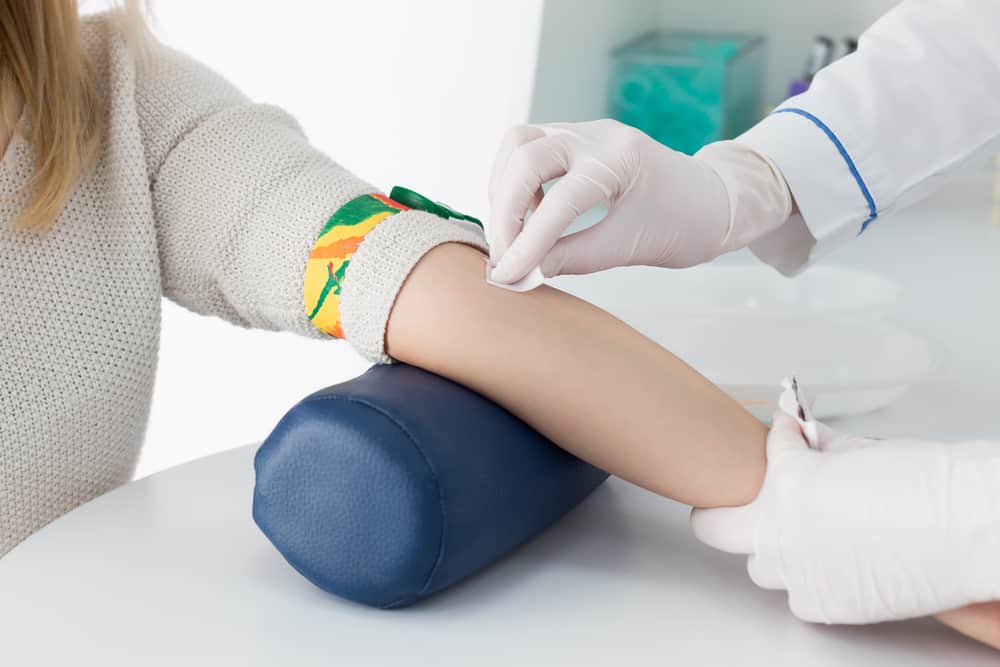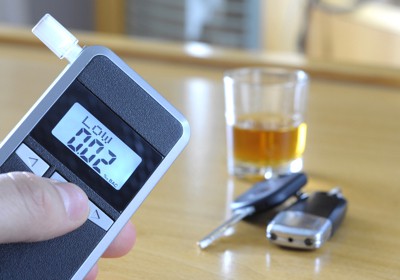
In Fort Worth, breathalyzer and blood tests provide police and prosecutors with critical evidence they can use to obtain a DWI conviction. Because these toxicology tests score your level of intoxication, they can help convince a jury that you were operating a motor vehicle while intoxicated.
Breath and blood testing results are not always accurate, however. Many factors can influence these results, leading to faulty evidence that can threaten your future and earn you a DWI conviction. Fortunately, breath and blood alcohol tests do not automatically lead to a DUI conviction. If you are facing Texas DWI charges filed in response to a breathalyzer or blood test, a breathalyzer and blood test lawyer in Fort Worth can help defend you against this potentially incriminating evidence.
If you were recently arrested for DWI, schedule your free consultation with the Law Offices of Randall B. Isenberg: 214-696-9253.

What are the DWI breathalyzer and blood test laws in Texas?
The Texas Administrative Code outlines the State’s breath alcohol testing requirements, administered and overseen by the Texas Department of Public Safety (TxDPS) Breath Alcohol Laboratory. All Texas counties and municipalities must also follow these standards.
All police departments must obtain TxDPS certification for conducting breath alcohol testing, and all breathalyzer operators must obtain individual certification. All departments must calibrate and certify all breath testing machines in accordance with the Standardized Field Sobriety Test (SFST) standards established by the National Highway Traffic Safety Administration (NHTSA).
How do officers determine the need for breathalyzer or blood tests?
If officers pull you over on suspicion of DWI, they must place you under arrest and take you to the police station to perform an official breath test. Before they can arrest you, however, the officers must establish reasonable suspicion that you were operating a motor vehicle while intoxicated.
They may try to determine this through field sobriety testing (FST) or, if one is available, a portable breath testing (PBT) device. But, while some police officers do carry portable breathalyzers, most do not.
Neither of these procedures provides reliable proof of intoxication, nor are the results usually admissible in court. That rarely deters an arresting officer, however, as they are often enough to justify a lawful arrest.
How do officers conduct breathalyzer and blood tests in Texas?
Once you arrive at the police station, officers will request that you submit to blood alcohol content (BAC) testing. In Fort Worth, officers typically measure BAC through breathalyzer testing, using one of two Intoxilyzer 5000 models.
A certified Intoxilyzer 5000 operator will perform the testing and generate a toxicology report. The operator must administer the test twice to check for potential variance between samples and to demonstrate that the equipment is working correctly.
Officers do have the option to request blood testing to measure BAC, rather than breath testing. However, blood testing must also conform to the standards established by law for BAC toxicology.
How can I fight breathalyzer or blood test results?
A breathalyzer and blood test lawyer at the Law Offices of Randall B. Isenberg can evaluate your toxicology test results, as well as evidence related to the testing process, to identify potential weaknesses and inaccuracies.
Some of the questions your attorney may consider while reviewing the evidence against you include:
Did the officer have probable cause to pull you over?
Police officers must have a valid reason for making a traffic stop. If you were speeding, swerving, or otherwise driving erratically, the officer might have had such a reason. However, your attorney will evaluate the officer’s explanation to determine if the stop was legal. Otherwise, any evidence obtained as a result may be inadmissible in court.
Did FST or PBT results support your arrest for DWI?
If the officer used field sobriety or portable breath testing to establish probable cause for arrest, your attorney will evaluate the procedures used during the testing. Police dash camera footage often provides profound insights as to whether the officer was justified in your arrest.
Did the officer conduct the breathalyzer testing legally?
Breathalyzer testing operators must have specific, up-to-date training and certification for the Intoxilyzer 5000 model being used. Officers must properly calibrate and maintain equipment, and must provide the supporting records and documentation upon request. Before testing, the arresting officer must provide you with the statutory Texas DIC-24 DWI warning. The officer must also specifically dictate the testing procedures themselves. Any deviation from these requirements may help your attorney in your defense.
Were any potentially confounding factors present?
If you are taking certain medications, or if you had any residual alcohol in your mouth when you took a breathalyzer test, it may have compromised the accuracy of the results. Certain diseases, such as diabetes, may also affect breath testing results. Your diet or using mouthwash can even cause a false positive toxicology reading.
Did the officer conduct and analyze the blood analysis correctly?
If you submitted to blood testing rather than a breath test for BAC, your attorney can explore the qualifications of the lab responsible for testing your blood sample. Flaws may also exist based on the location where the blood draw took place and the qualifications of the person who drew the sample. The sample may have been subject to contamination if officers did not properly handle it after testing.
Depending on the factors of your case, even if your breathalyzer or blood toxicology results were well above the Texas legal limits for DWI, an attorney can identify these and other factors that will potentially invalidate toxicology reports.

Get help from the Law Offices of Randall B. Isenberg today.
At the Law Offices of Randall B. Isenberg, we have both Intoxilyzer 5000 models used for Texas breathalyzer testing. We use these and other tools to help us understand and challenge BAC results for our clients. Contact us today to schedule a free consultation to review your case, or to speak with a breathalyzer and blood test lawyer in Fort Worth: 214-696-9253.










